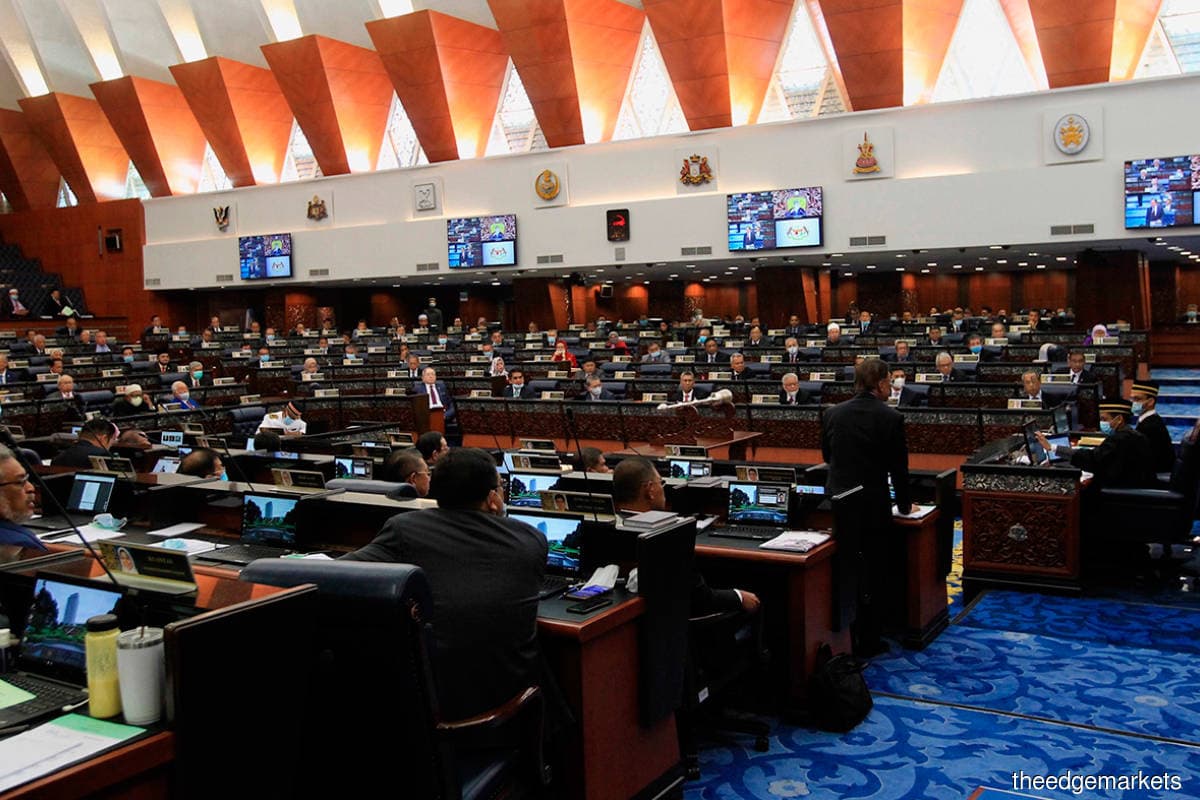
This article first appeared in The Edge Malaysia Weekly on August 17, 2020 - August 23, 2020
The so-called Covid-19 bill was finally tabled for first reading last week, but lawyers say they have issues with some of the clauses as these are not entirely clear.
The much awaited The Temporary Measures for Reducing The Impact of Coronavirus Disease 2019 (Covid-19) Bill 2020 was tabled in the Dewan Rakyat last week, but it contains some inconsistencies — at least the part related to the duration of the moratorium in relation to landlords and tenants of any premises, be it malls or dwellings.
Lawyer Ranjan N Chandran, a commercial and construction partner at Hakem Arabi & Associates, tells The Edge that he is perplexed by Clause 29, Clause 30 and Clause 31 of the Modification to The Distress Act 1951 as the clauses create uncertainty. For example, Clause 29 states that the commencement of modification is “deemed to have come into operations on March 18, 2020 and shall continue to remain in operations until Dec 31, 2020”.
However, Clause 30 provides a separate timeline. It states that for the purposes of recovery of rent due or payable to the landlord by a tenant of any premises, a warrant of distress issued under the Distress Act 1951 “shall not include the distrain for arrears of rent for the period from March 18, 2020 to Aug 31, 2020.” This means the tenant can avail himself of the moratorium and that the rent is put on hold during the Movement Control Order, Conditional Movement Control Order and Recovery Movement Control Order periods.
“Clause 29 is silent on what happens after Aug 31. Will there be an extension after Aug 31, which can then be extended to Dec 31?” Ranjan asks.
While Clause 30 of the Covid-19 bill provides relief for tenants faced with distress actions by their landlords, Clause 31 causes some confusion as it suggests that landlords can continue to take action against a tenant who has not paid rent — at least until the Bill becomes an Act of Parliament.
Clause 31 reads, “Any execution of the warrant of distress for the recovery of rent due or payable to the landlord by a tenant of any premises that has been issued before the date of publication of this Act shall be dealt with under the Distress Act 1951 as if the Distress Act 1951 had not been modified by this Act.”
Ranjan points out that while the relief is in favour of the tenants — who will want to take full advantage of the period in which they are afforded protection from claims of arrears of rents — and retail tenants, for example, can continue their business operations without any fear of possible distress actions being commenced, they nevertheless will be anxiously waiting for the bill to be enacted into law.
At the same time, the burden is placed on the landlords.
“Undoubtedly, the losing party will be the landlords, who will not be able to recover their dues during this moratorium period and will have to accept the consequences of hardship faced by their tenants. The legislature may want to look at the clauses again to ensure greater clarity. There is still room for debate,” says Ranjan.
The second and third readings of the bill will be tabled during this Dewan Rakyat sitting, which ends on Aug 27.
Save by subscribing to us for your print and/or digital copy.
P/S: The Edge is also available on Apple's AppStore and Androids' Google Play.